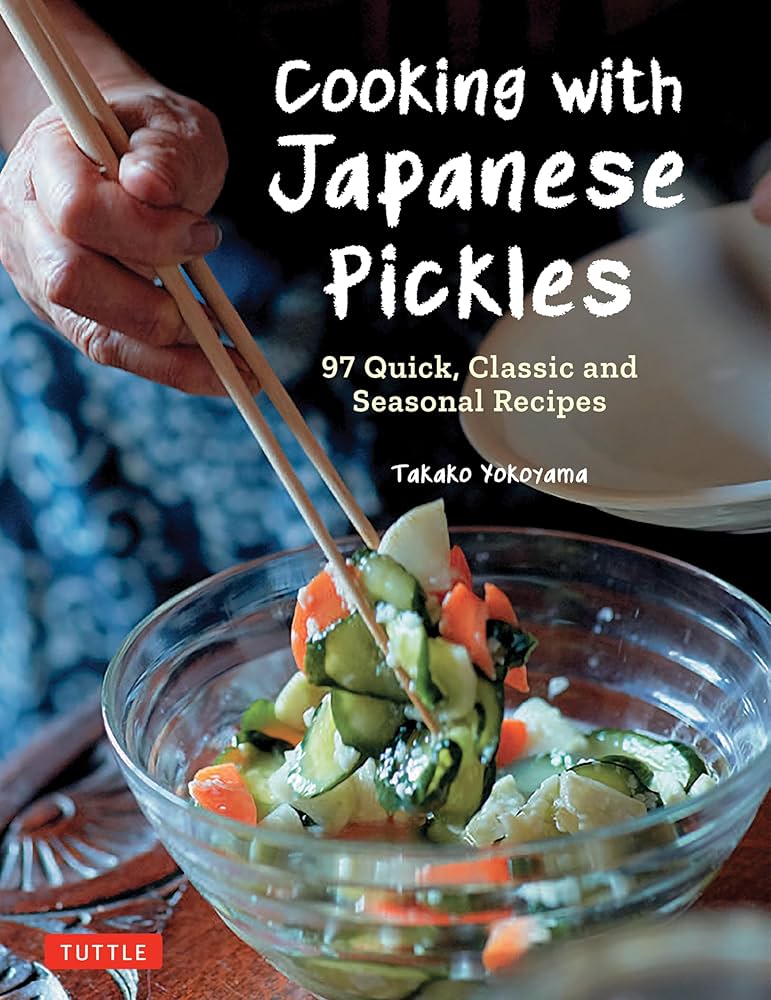Preserving Food: The Joy of Pickling and Home Canning
In the vibrant community of Minneapolis, an annual celebration of canning and food preservation is weaving a rich tapestry of cultural pride and food sovereignty. The recent Pickle-Off at the Four Sisters Farmers Market galvanized local pickling enthusiasts, showcasing not only culinary prowess but also a movement towards reclaiming traditional food practices.
Participants showcase their delicious creations at the annual Pickle-Off.
The Roots of the Pickle-Off
Organized by Cassie Holmes, a proud citizen of the Lac Courte Oreilles Lake Superior Band of Ojibwe, the Pickle-Off began as a neighborhood challenge among friends. Stories abound of self-proclaimed pickle champions, each eager to crown themselves the best. It was not long before this friendly rivalry transformed into a community event to enhance food sovereignty—an initiative designed to help Indigenous communities foster local food networks.
Today, the Pickle-Off transcends a simple contest; it’s a heartfelt gathering where participants can experience the joy of sharing food and traditions. With support from organizations like the Native American Community Development Institute and the Indian Health Board of Minneapolis, the event serves as an inspiring reminder of the connections food can forge among people.
Canning: A Timeless Art
Canning is more than just a method of food preservation; it represents a bridge between generations. Growing up on a farm in North Carolina, I recall my grandmother diligently canning tomatoes and crafting strawberry jam. While I may have found the process tedious then, the fruits of her labor—those jars filled with summer’s best harvest—have left an indelible mark on my appreciation for home preservation.
Jars of home-canned pickles glisten in the sunlight, a testament to the essence of summer harvests.
Historically, canning peaked during World War II, but as industrial methods took precedence, it became less common. However, in recent years, particularly during the COVID-19 pandemic, there has been a remarkable resurgence in home canning. Many have turned to their gardens, finding comfort in the act of preserving the harvest.
The Competition and Its Impact
As the contest unfolded, community members reveled in tasting the entries, which were evaluated based on criteria including visual appeal, crunch, and flavor. Amidst the array of pickles, Destiny Jones, a Ho-Chunk citizen, took home the coveted Best Pickle trophy, her spicy dill recipe capturing the judges’ hearts with its fresh herbs and vibrant flavors. Similarly, Dr. Angie Erdrich, another Turtle Mountain Ojibwe citizen, demonstrated her stewardship of harvest through her delectable bread and butter pickles, confirming that the best ingredients are often those grown personally.
“Taking care of their food and taking ownership of what they’re putting into their bodies. It’s really a full, holistic approach to food sovereignty.”
— Jason Garcia
Food Sovereignty and Community Learning
As the contest celebrated its third year, it became a platform showcasing not just culinary skills but emphasizing the vital importance of food sovereignty. This concept—a movement aimed at ensuring communities have the right to healthy, culturally appropriate food produced through ecologically sound methods—has become increasingly relevant. Organizations like the Indian Health Board of Minneapolis advance this cause, connecting participants to resources that foster local food networks.
In addition to the contest, Four Sisters Farmers Market also celebrated Food Preservation Month, offering learning opportunities for novices interested in perfecting their canning skills. With hands-on classes led by experts such as Avery Ashley, participants were empowered to appreciate the art of preserving food safely.
Engaged participants learning the fine art of pickling during a canning class at the local extension.
Join the Movement: Learn to Can
For those eager to dive into the world of canning, many resources and workshops can guide you through this tradition. Whether it’s through engaging in local events like the Pickle-Off or attending hands-on classes, the journey of food preservation is both educational and rewarding. Start by exploring tested recipes and understanding the safety protocols essential for successful canning, ensuring the delicious results are safe for you and your family.
The Future of Food Preservation
As we embrace this renaissance of canning, let us recognize that each jar sealed is a testament to resilience, culture, and connection. The Pickle-Off serves as more than just a contest; it nurtures a spirit of community, heritage, and sustainability—elements garlic-dill-vinegar pickles are made of. As participants continue to cultivate their gardens and share their preserves, we are reminded that food preservation is, above all, a celebration of life’s bountiful harvests.
Together, we can keep the tradition alive, ensuring that food sovereignty remains a priority in our communities. Let’s cherish these opportunities to learn, share, and partake in mindful eating that honors both our past and future.
For those wishing to explore canning further, you can join classes available throughout the region, helping to ensure that the art of preservation carries on.
Conclusion
In connecting the historical threads of food preservation with contemporary practices, events like the Pickle-Off highlight the importance of cultural traditions in modern life. This not only preserves the art of food canning but also fosters a renewed appreciation for local food systems. As summer’s harvest turns to winter preserves, embrace the art of canning, forging a connection that spans generations and sustains communities.
Community members gather to celebrate the richness of local traditions through food.
Further Resources
If you’re intrigued by the world of canning, consider visiting local farms, workshops, or community-supported agriculture (CSA) programs. Each experience can enrich your understanding and enjoyment of this cherished skill.


 Photo by
Photo by 











